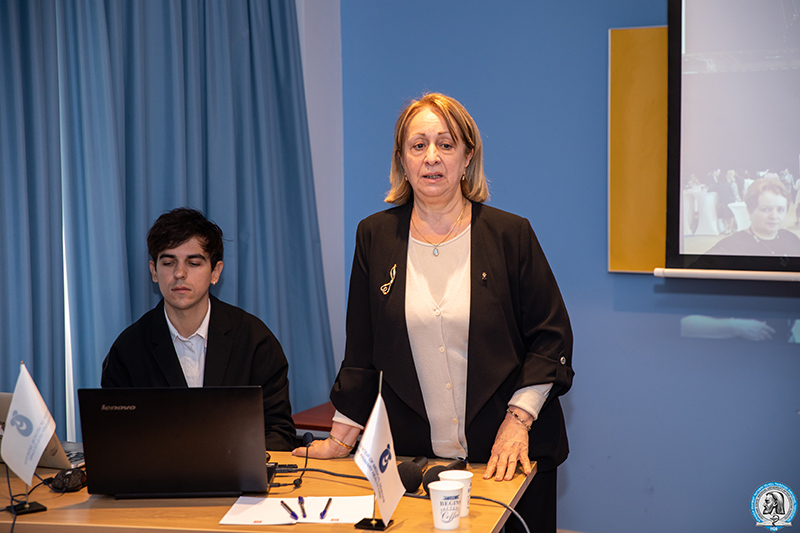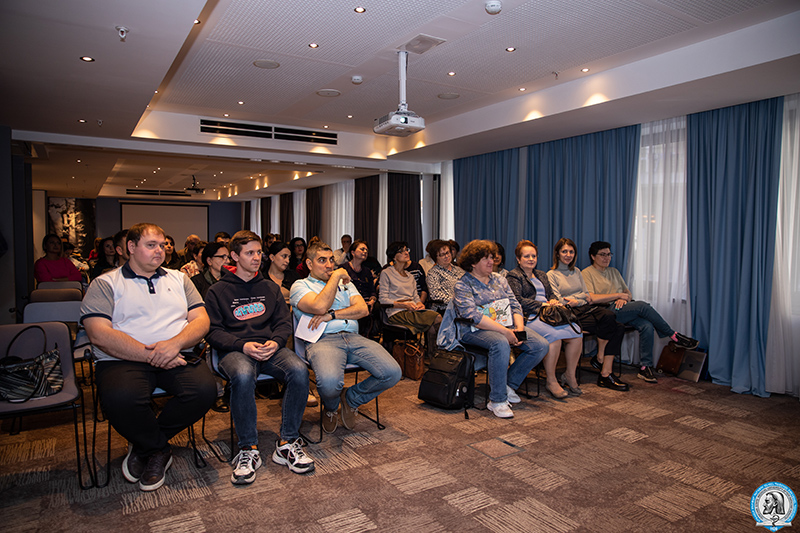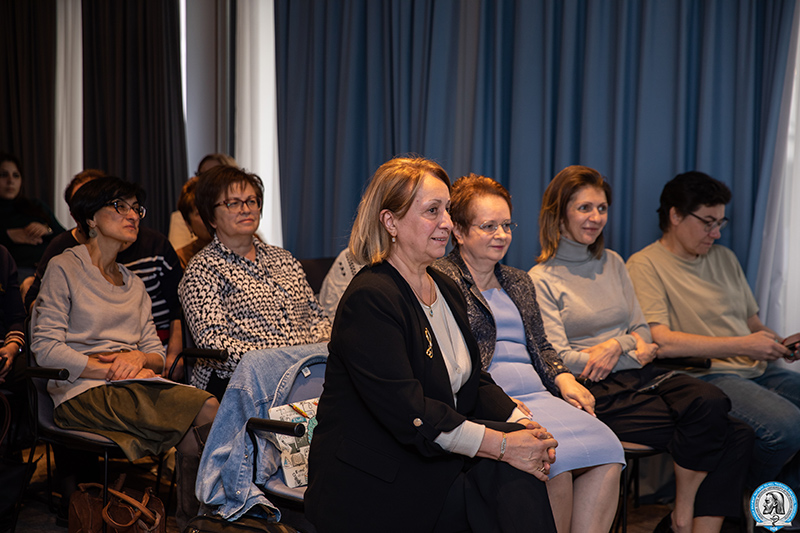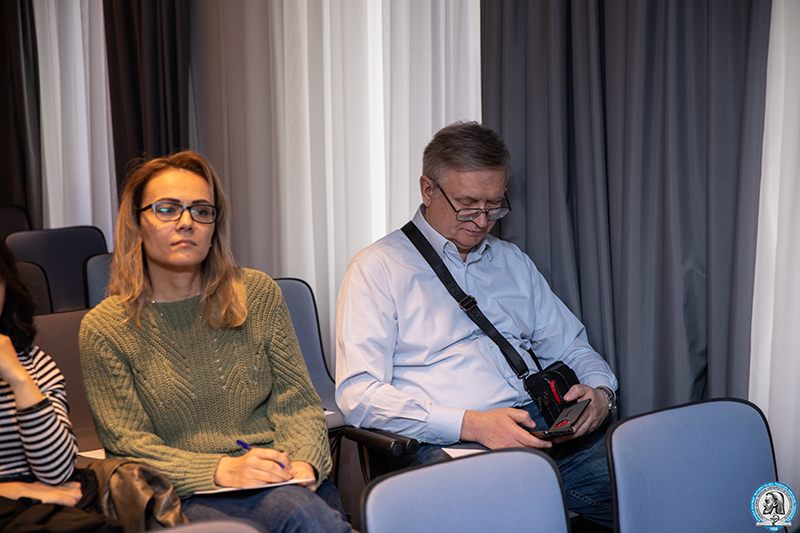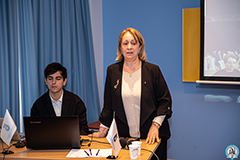 |
02.11.2022November is the month of Medical Genetics in Armenia: the first big conference was held |
The scientific conference on "Scientific Aspects of Medical Genetics" was held at the initiative of YSMU Department of Medical Genetics.
The opening speech at one of the most important events in the field of genetics was entrusted to the Head of the Department of Medical Genetics, Director of the Center of Medical Genetics and Primary Health Care, ARICE project expert, Professor Tamara Sargsyan, whose report was entitled "Development of Genetic Services in Armenia".
"Today we have the opportunity to diagnose the most complex and unique diseases. With the help of molecular genetic methods, we determine the sensitivity to treatment in the case of oncological diseases. We, the geneticists of Armenia, are always ready to cooperate and exchange experience with our colleagues, the leading specialists of world's medical institutions," Tamara Sargsyan emphasized.
During the conference, specialists discussed the inherited metabolic diseases with clinical examples, as well as the role of biomarkers in the diagnosis of lysosomal storage diseases.
It should me mentioned that during the month of November, the Department of Medical Genetics plans 2 more large conferences on the topics of "Gene Sequencing for Practitioners" (November 14-16) and "Thrombodynamics" (November 23-24). Conferences provide wide opportunities for genetics specialists to exchange experience and knowledge. The delegation of ARICE project experts was on a working visit to the University Hospital of Pilsen, Czech Republic.
During the three-day visit to Pilsen University Hospital, Armenian specialists discussed the importance of biomarkers for diagnostics, follow-up monitoring, monitoring and treatment optimization; the most common risk factors for tumor formation; biology of the tumor process; histopathological classification of tumor of the urogenital tract; general principles of biostatistics; biobanking in the Czech Republic; biostatistical software programs for disease monitoring and treatment optimization; circulating tumor cells and tumor prognosis; advanced methods of molecular biology in oncology diagnostics; as well as made laboratory tours, getting acquainted with the features of the medical institution's Biobank.
